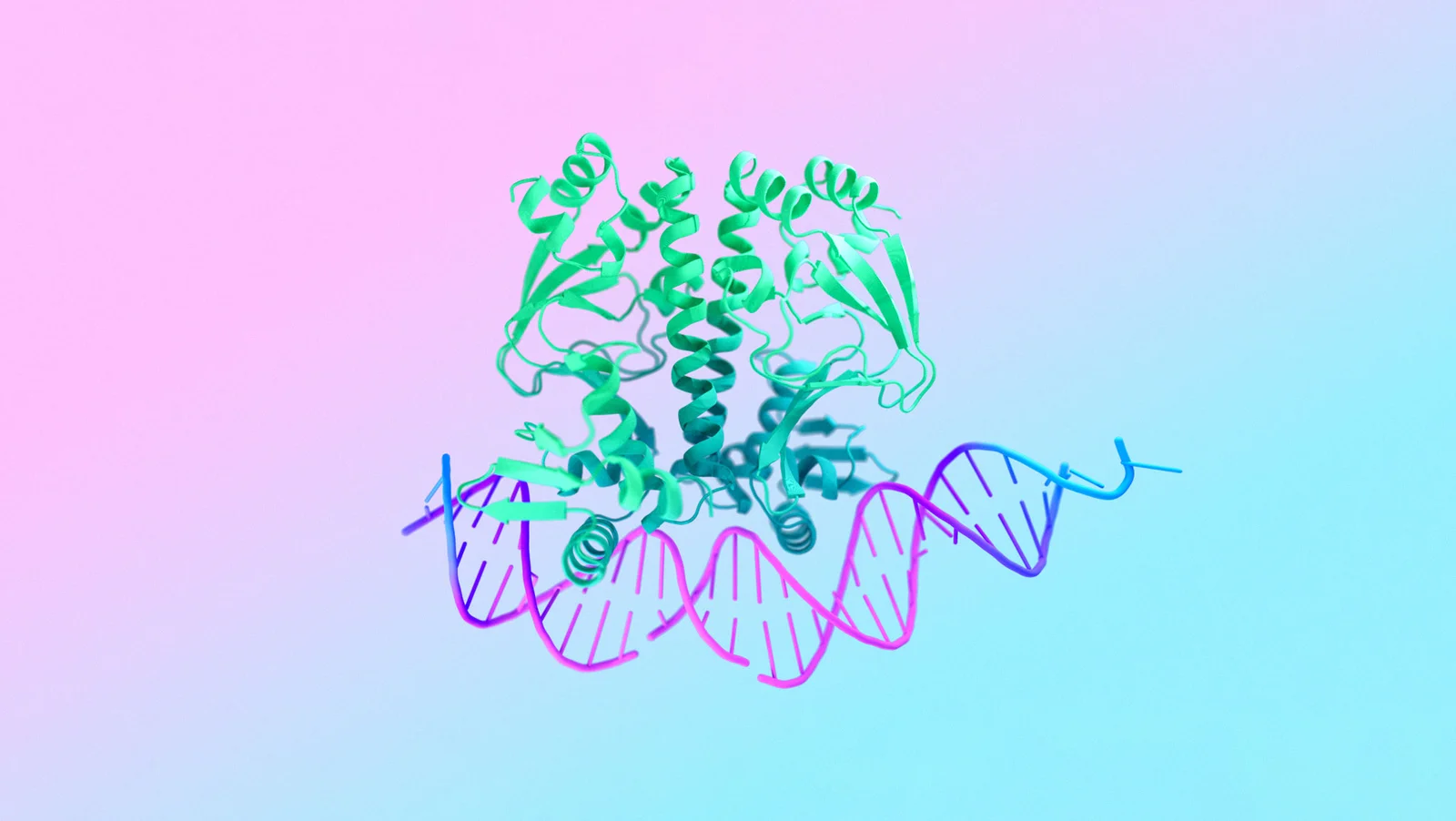DeepMind’s groundbreaking protein-prediction tool, AlphaFold3, has officially become more accessible to researchers worldwide. After months of anticipation, the London-based AI powerhouse has released the software code for AlphaFold3, enabling non-commercial academic use. This move follows intense criticism over the restricted access of its previous web-based model, sparking a new chapter in AI-driven biological discovery.
What Makes AlphaFold3 Unique?
Unlike its predecessor, AlphaFold2, which revolutionized protein structure prediction, AlphaFold3 brings enhanced capabilities by simulating proteins in interaction with other molecules, such as DNA and potential drugs. However, DeepMind initially restricted access to the model, offering only a web-based server that limited predictions, especially in drug discovery. This sparked debate about openness and reproducibility in AI research.
With the November 11 announcement, AlphaFold3’s software code is now freely downloadable, but the training weights—key parameters derived from training the model on protein structures—are available only to academics and must be requested.
A Global Race: Competing Open-Source Alternatives
DeepMind’s cautious release comes amidst fierce competition. Over the past year, several companies have introduced open-source tools inspired by AlphaFold3. Prominent examples include:
- Baidu and ByteDance: Both companies have developed AlphaFold3-inspired models, leveraging the pseudocode from the original publication.
- Chai Discovery: This San Francisco start-up has released Chai-1, a model supporting commercial applications via a web server.
- Ligo Biosciences: Another California-based firm, which has unveiled a version of AlphaFold3 without commercial restrictions, though lacking some advanced features.
The Call for Greater Openness
The release of AlphaFold3 has reignited discussions on the ethical and scientific norms surrounding open-source AI. Critics argue that withholding key elements, like training weights, undermines scientific reproducibility. Researchers like Mohammed AlQuraishi and Anthony Gitter emphasize the importance of transparency for both academic and corporate contributors in the field.
DeepMind’s decision to eventually release the code represents a step toward greater collaboration, but experts believe there is still room for improvement. OpenFold3, a fully open-source version anticipated by year’s end, promises to eliminate these barriers, offering unrestricted capabilities and allowing companies to retrain models with proprietary data.
The Broader Impact of Open AI in Biology
The open-source nature of AlphaFold2 fostered an explosion of innovation, from protein design to novel biological discoveries. Teams have used it to design proteins that target cancer and identify crucial reproductive proteins. AlphaFold3 is poised to expand these applications even further, unlocking new frontiers in drug discovery, disease research, and biotechnology.
However, as Anthony Gitter points out, the coexistence of academic and corporate researchers in this space requires clear publishing norms and equitable access. The AI community must strike a balance between innovation and inclusivity to ensure impactful advancements.
What Lies Ahead?
John Jumper, AlphaFold’s project lead, expresses excitement about the diverse, and sometimes unconventional, ways researchers will utilize AlphaFold3. While not all experiments will succeed, the potential for transformative discoveries is immense. As more open-source alternatives emerge, the field of protein prediction is set to advance rapidly, driven by collaboration across academia and industry.
AlphaFold3’s open-source release marks a pivotal moment, emphasizing the critical role of transparency in AI research and its profound implications for biology and healthcare.
Further Reading:





